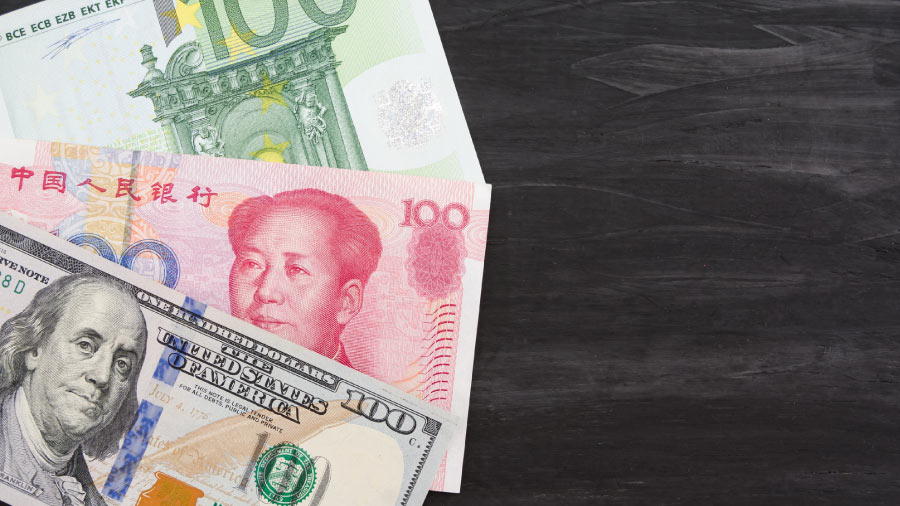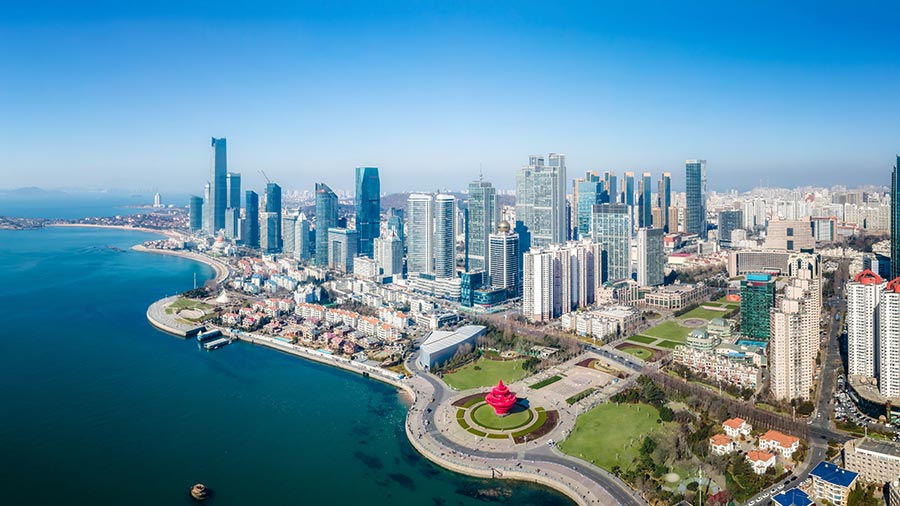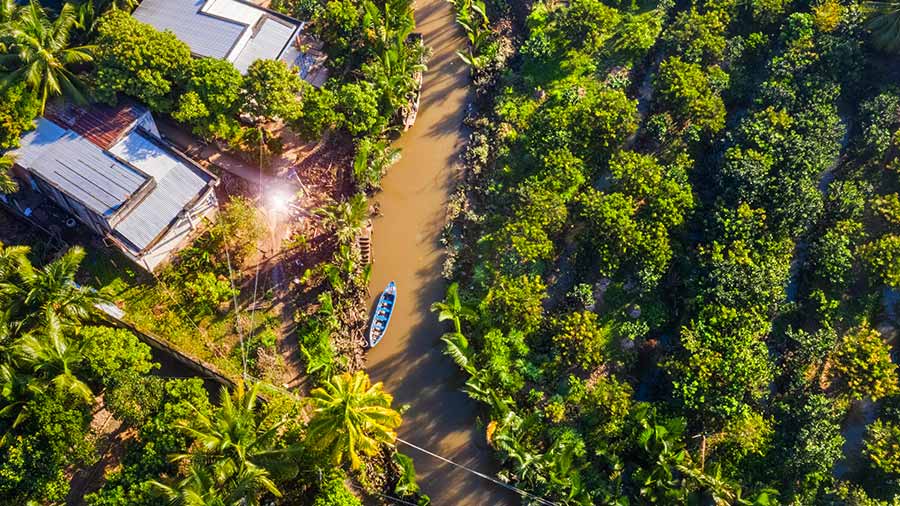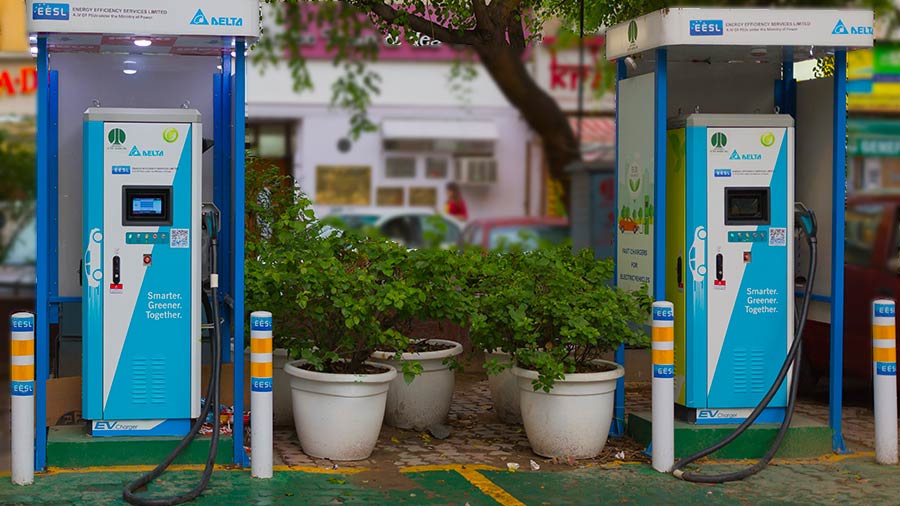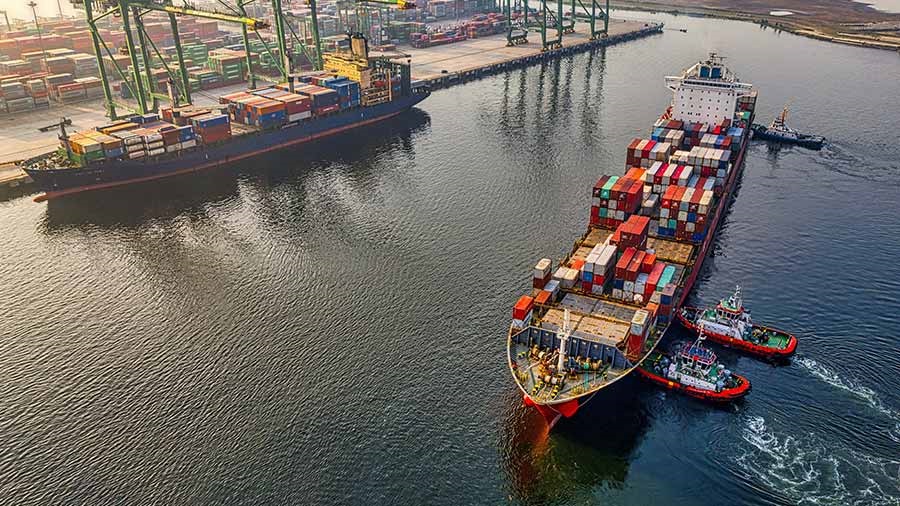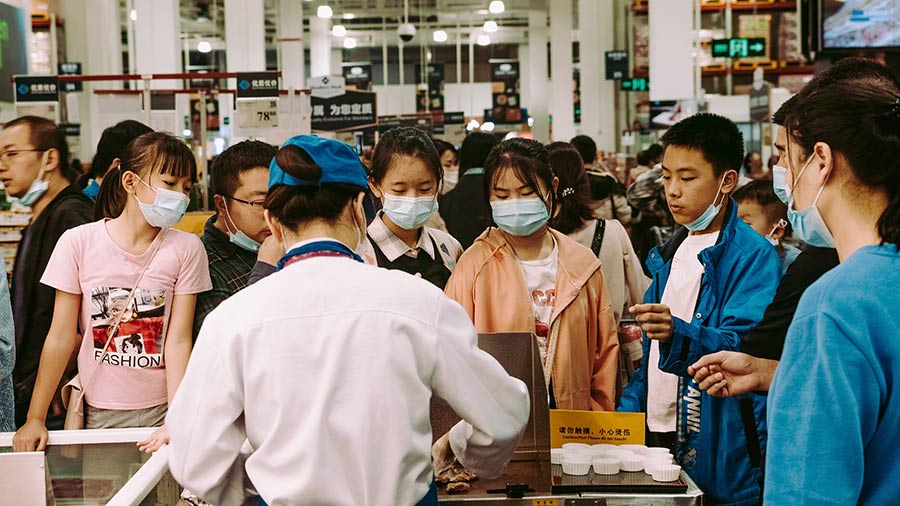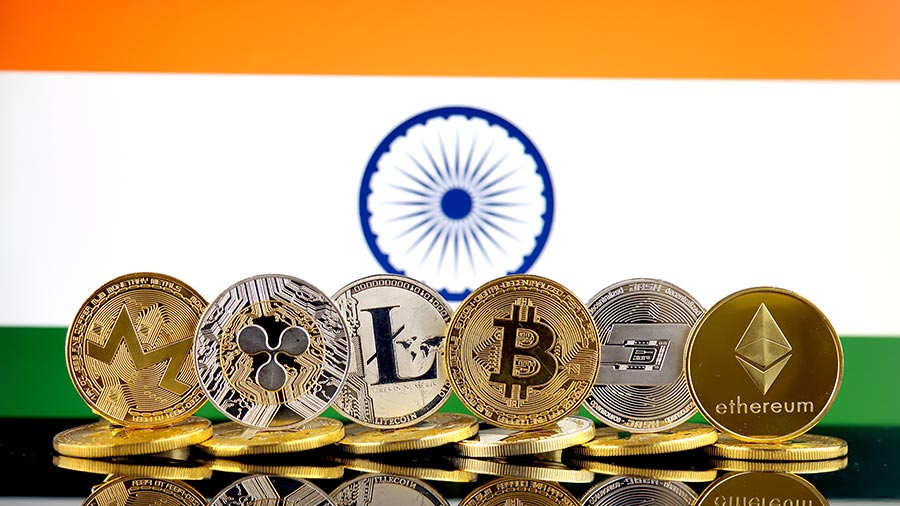India’s Fintech Market: Growth Outlook and Investment Opportunities
07/26/2021India has the third largest fintech ecosystem globally and 67 percent of more than 2,100 fintech entities in operation have been set up in the last five years.
China Launches Carbon Trading Market as Urgency to Cut Emissions Grows
07/26/2021China's carbon trading market, launched in Shanghai on July 16, 2021, will give companies financial incentives to reduce their emissions.
Q2 2021 Chinese Inbound Investment: Announced M&A Transactions and Equity Investments
07/26/2021April-June 2021 saw an impressive array of investments into China, in a variety of different sectors, led by US, Asian, and European stakeholders.
How to Prepare a Foreign Worker Utilization Plan: Hiring in Indonesia
07/23/2021MOM Reg 8/2021 is an implementing regulation that details the requirements businesses must fulfill to hire foreign workers.
Investing in Qingdao, Shandong Province: China City Spotlight
07/23/2021Qingdao's blue economy is rapidly modernizing and its seaport ships bulk resources like oil, iron ore, and coal; the city is now looking to grow FMCG trade.
Investing in Ben Tre Province: What Investors Need to Know
07/23/2021Ben Tre province has emerged as a strong contender for investors in the Mekong Delta calling for investments in renewables and hi-tech industries, among others.
How Maharashtra Intends to Become an Electric Vehicle Hub in India
07/22/2021The Maharashtra government facilitates adoption of electric vehicles through price drop incentives and subsidies for both consumers and manufacturers.
Vietnam Issues Latest Incentives for Businesses and Employees
07/21/2021Under Resolution 68/NQ-CP the government has unveiled several financial packages to employers and employees affected by the fourth wave of COVID-19.
Relocating Production: Comparing Vietnam and its Regional Peers
07/21/2021Vietnam Briefing examines Vietnam as a China plus one alternate production location and compares it with its regional peers.
How to Properly Conclude an Electronic Labor Contract in China: Clarifications Issued in New Guideline
07/21/2021China issued a guideline to instruct employers and employees in concluding electronic labor contracts. The guideline added more obligations to employers in the process of signing an e-labor contract with their employees.
China’s GDP Grows by 12.7% in H1 2021
07/20/2021China’s GDP increased by 12.7 percent through the first half of 2021, putting the country on track to meet its growth target of “over 6 percent”.
What are the Tax Implications for Cryptocurrency Assets in India?
07/20/2021Cryptocurrency transactions in India may attract tax liability, but the rules remain unclear as the RBI has not yet granted it the status of a legal tender.




